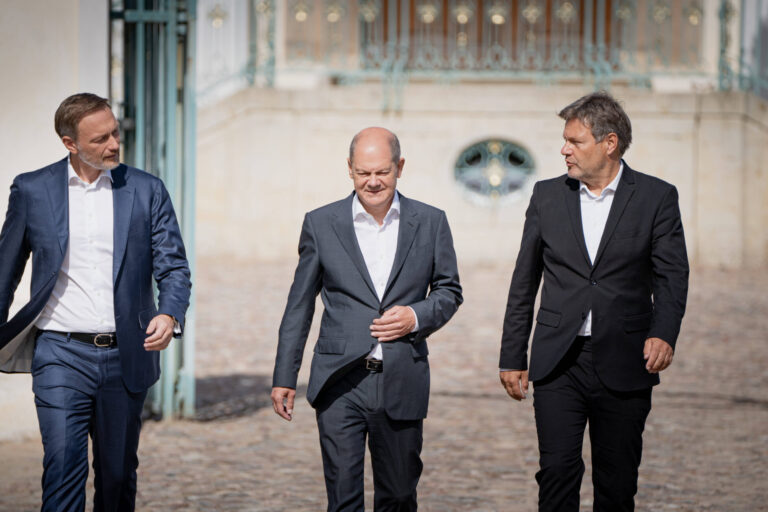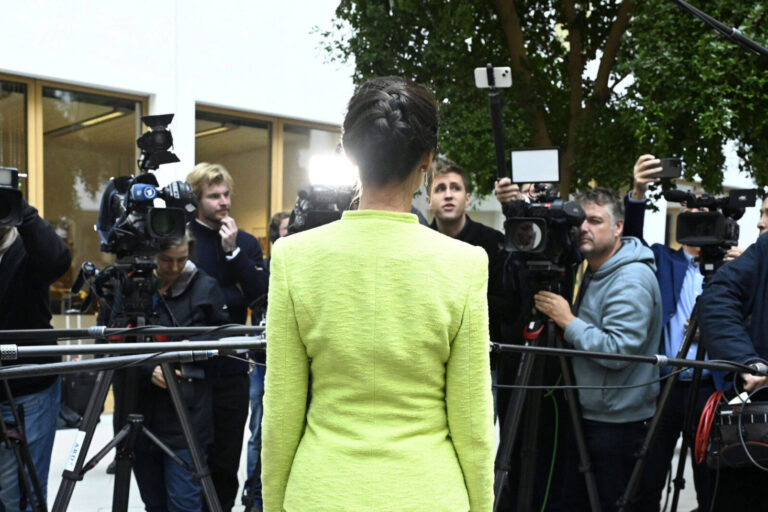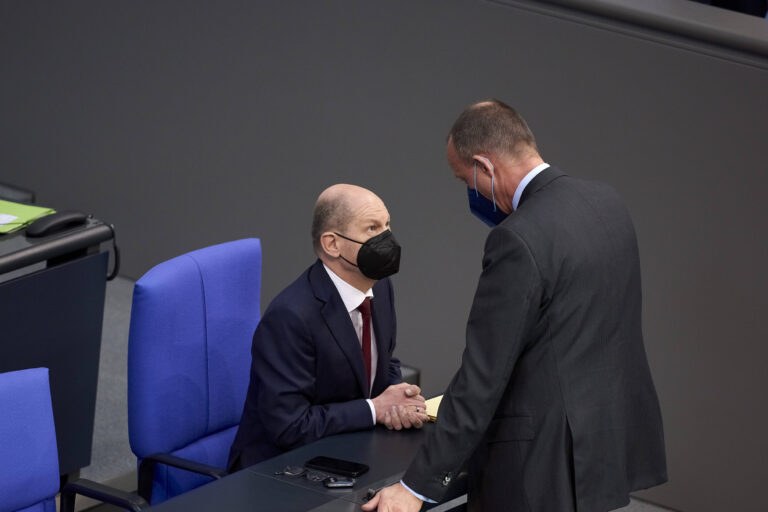Ten hours, 150 people, one big question: How can we create better global governments for next-generation progress?
The Progressive Governance Symposium 2019, hosted in Berlin, gathered over 400 leaders from 21 countries. Progressives came together and shared their ideas and impulses for democratic innovation. The organising theme of the 2019 discussions was the imperative for progressives around the world to reinvigorate their policies and politics in the face of resurgent right-wing populism. Specifically, panels focused on three key areas of challenge and opportunity related to disruptive changes in global, national and local economies, in the world’s climate, and in technological innovation.
You weren´t able to join the #PGS19 in Berlin this year? No problem! Civocracy attended the Progressive Governance Symposium in Berlin and sum up the most important key takeaways from the day.
1. The co-creation of ideas is essential.
2. We need citizen participation.
3. Governance structures are outdated.
4. Self-criticism is a strength.
5. Start local, think global.
6. Representative governance needs to be diverse.





